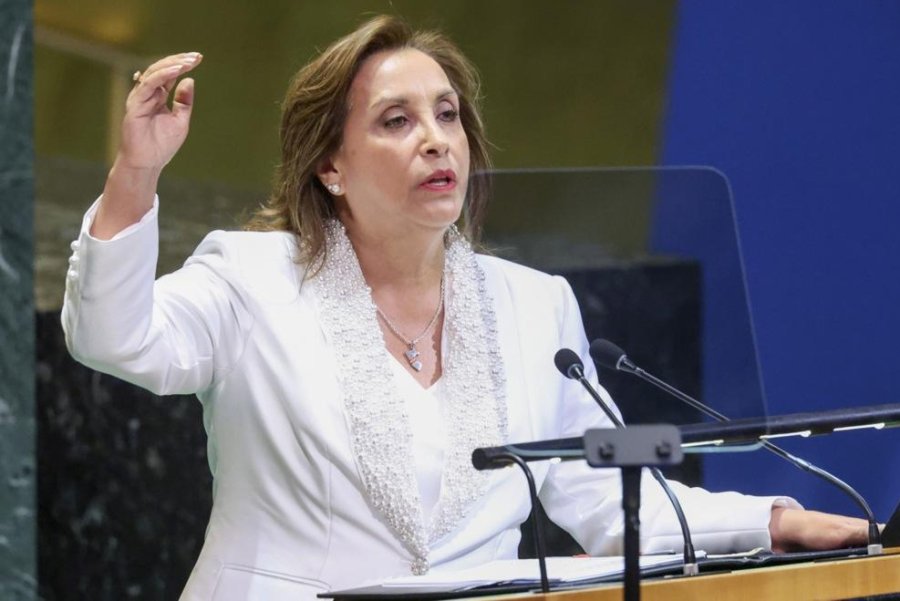Oct. 3 (UPI) — Peruvian President Dina Boluarte has submitted a bill to Congress declaring the creation of a spaceport “a matter of national interest and public necessity” to strengthen the country’s space capabilities, bolster national security and promote technological independence.
According to the decree Boluarte signed, the project would position Peru as a regional leader in the space sector and expand its participation in the global market for such services, creating jobs and attracting foreign investment, as well as fostering technological independence through research, development and innovation.
The bill states that, in the current context, “strengthening space capabilities has become a strategic priority for nations, requiring a multisectoral approach by the state.”
In 2024, Peru’s Private Investment Promotion Agency reported that the Defense Ministry had tasked it with soliciting bids for construction of a spaceport at the El Pato Air Base in Talara, in the Piura region.
The project will be developed on land owned by the Peruvian Air Force, with an estimated investment of $280 million.
According to the bill presented by the executive branch Wednesday, its main goals are to promote scientific, technological and academic development in Peru, encourage economic growth and foster innovation in the space sector, as well as strengthen national security and defense.
The text stresses that the initiative is a direct response to the country’s low levels of investment in research and development, which represent only 0.08% of gross domestic product.
“This specialized infrastructure will promote public and private investment in aerospace research and development, strengthen the national innovation ecosystem and position the country at the international technological frontier, making a significant contribution to increasing national investment in science, technology and innovation,” the document says.
In March, a team of U.S. space experts visited Peru to continue exploring possible collaborations with the Peruvian Air Force as part of the country’s efforts to develop a spaceport.
During that visit, the delegations focused on analyzing “non-technical factors essential to moving the project forward, including political, social, financial, economic, legal and regulatory issues that Peru must take into account.”
The team of experts toured cities that could host the spaceport, evaluating options to strengthen cooperation in space development.
In November 2024, Peru’s National Commission on Aerospace Research and Development and NASA signed an agreement to formalize cooperation between the two countries in the space sector.
The commission said the agreement focuses on developing advanced technologies and scientific research, with plans to launch sounding rockets starting in 2028.
The rockets would be used to study phenomena related to the interaction between the sun and Earth’s upper atmosphere, particularly in the region near the magnetic equator, considered a strategic zone for this kind of research.

